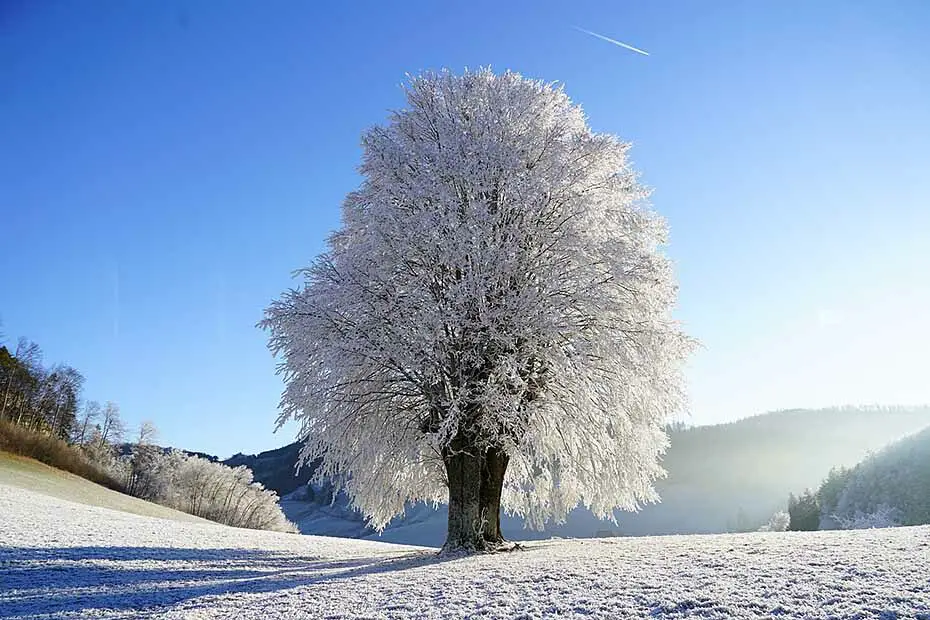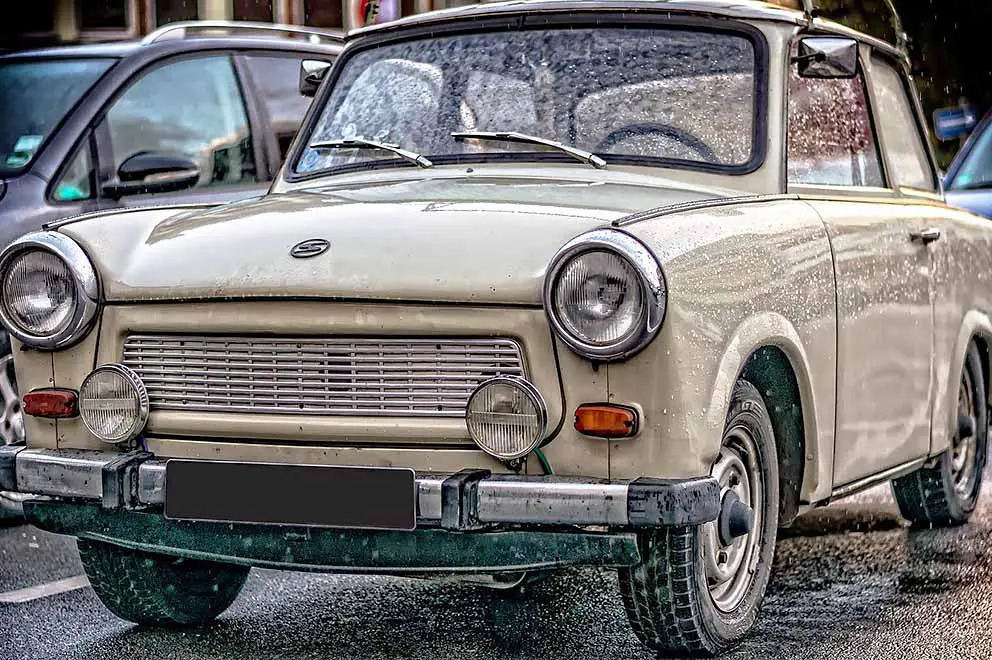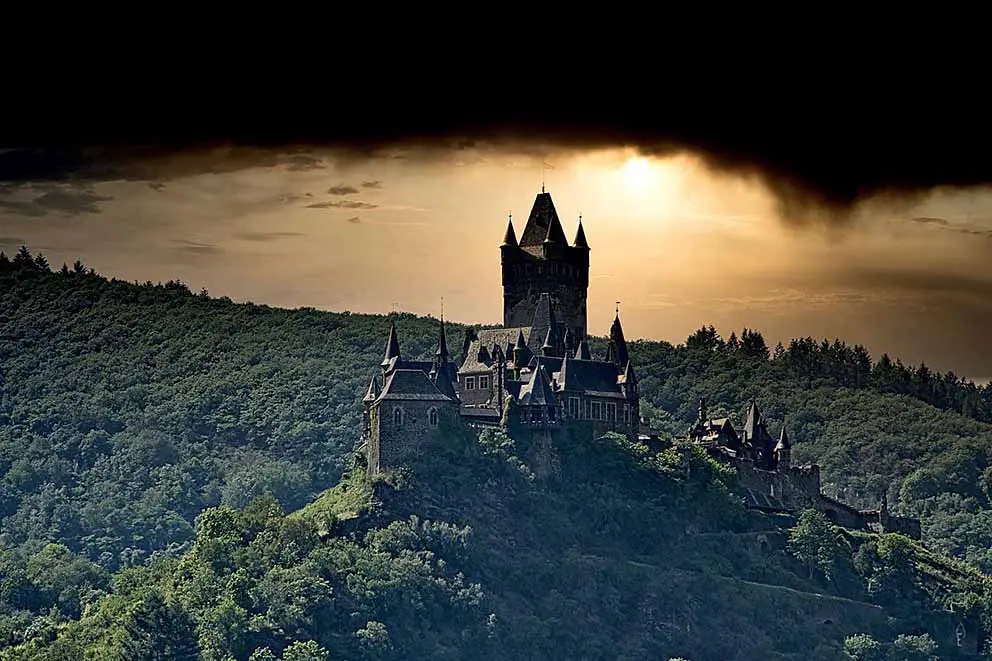When I was little, snow was an absolute delight. Every day it had snowed, our garden looked like a white winter wonderland. All the children in the neighborhood were out and about, building snowmen and snow forts, running sleighs down the hills and throwing snow balls at each other.
Today we will learn about the different expressions with snow in German.
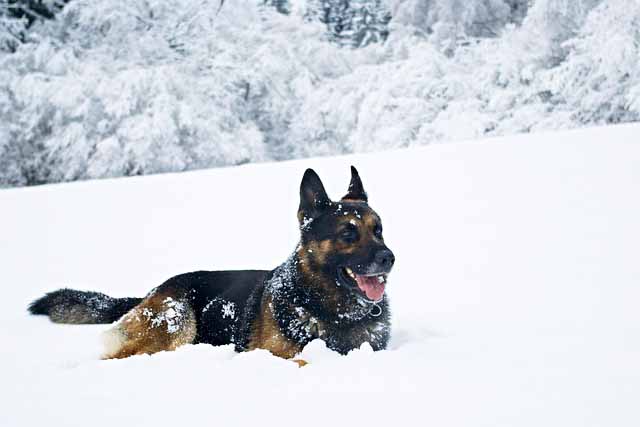
Does it snow in Germany?
You bet it does! But how often and how much snow falls depends largely on where you are. Northern Germany is located near the North Sea and the Baltic Sea, which store the summer’s warmth longer than the land does. So here winter’s are often more wet than snowy, with good chance for snow probably in January or February. White Christmases are rare here.
But the south of Germany is a completely different story. Here the winters set in early, are usually colder and last longer. And last but not least, there’s much more snow! Especially of course in the alpine region. Many mountains there are so high, their tops are covered in snow all year round. So it is a very popular area for skiing, snowboarding and tobogganing.
Snow as a Verb in German
The German word for "to snow" is schneien.
Schneien is an intransitive verb, and is only used in 3rd person singular.
- Es schneit. — It snows.
- Es hat geschneit. — It has been snowing.
- Wird es schneien? — Will it snow?
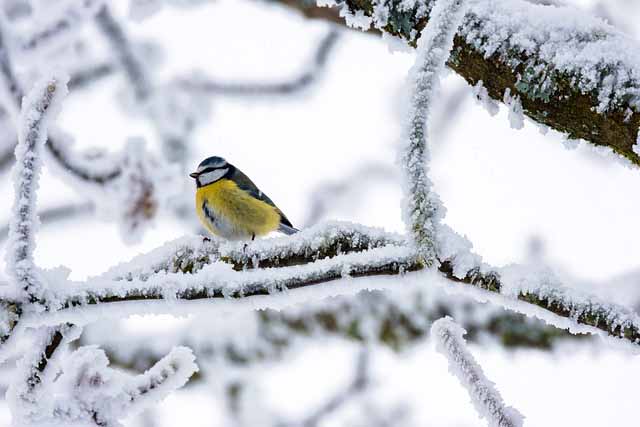
Snow as a Noun in German
The German translation of snow is der Schnee (masculine, no plural).
The various Types of Snow in German
Snow isn’t just frozen water in a pretty form. There are many different varieties of snow. The German language may not have as many descriptions as the Inuit, but they don’t seem to have less than the English language.
| English Expressions | German Translations | Gender |
|---|---|---|
| snow | der Schnee | masculine |
| artificial snow | der Kunstschnee | masculine |
| deep snow | der Tiefschnee | masculine |
| powder snow | der Puderschnee | masculine |
| snow crust | der Harsch | masculine |
| snow depth | die Schneehöhe | feminine |
| snow drift | die Schneewehe / die Schneeverwehung | feminine |
| snow flurry | das Schneegestöber / das Schneetreiben | neuter |
| snow hare | der Schneehase | masculine |
| snow layer | die Schneeschicht | feminine |
| snow mantle | die Schneedecke | feminine |
| snow shower | der Schneeschauer | masculine |
| snow slush | der Schneematsch | masculine |
| snow storm | der Schneesturm | masculine |
| snow water | das Schneewasser | neuter |
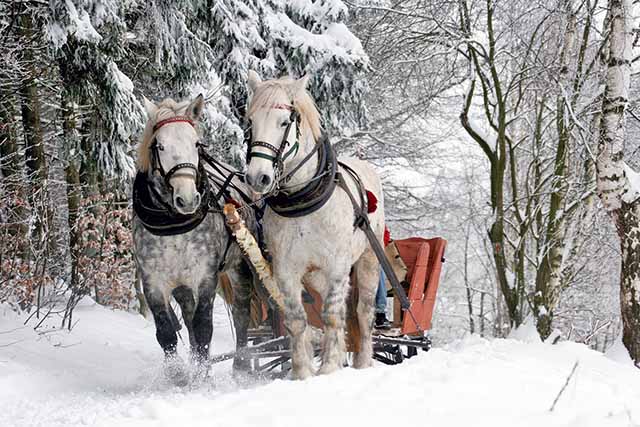
Other Words with Snow in German
| English Expressions | German Translations | Gender |
|---|---|---|
| snow angel | der Schneeengel | masculine |
| snow blower | die Schneefräse | feminine |
| snow cannon | die Schneekanone | feminine |
| snow chains | die Schneeketten | plural |
| snow cone | der Schneekegel | masculine |
| snow cover | die Schneedecke | feminine |
| snow crystal | der Schneekristall | masculine |
| snow day | der Schneetag | masculine |
| snow fence | der Schneezaun | masculine |
| snow flower | die Schneeblume | feminine |
| snow globe | die Schneekugel | feminine |
| snow gun | die Schneekanone | feminine |
| snow leopard | der Schneeleopard | masculine |
| snow line | die Schneefallgrenze | feminine |
| snow shoes | die Schneeschuhe | plural |
| snow shovel | die Schneeschaufel | feminine |
| Snow White | das Schneewittchen | neuter |
| snowdrop | das Schneeglöckchen | neuter |
| snowman | der Schneemann | masculine |
Expressions with Snow in German Translation
| English Expressions | German Translations |
|---|---|
| covered with snow | schneebedeckt |
| to be snowed in | eingeschneit sein |
| to be snowed under with work | unter einem Berg von Arbeit begraben sein |
| to snow into sth. | hereinschneien |
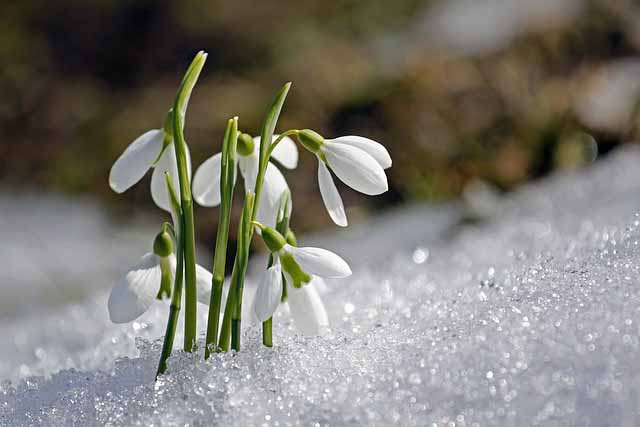
Example Sentences
- Es hat die ganze Nacht geschneit. — It has been snowing all night.
- Wird es morgen Schnee geben? — Will there be snow tomorrow?
- Der Boden ist gefroren und die Bäume sind schneebedeckt. — The ground is frozen and the trees are covered with snow.
- Die Berggipfel sind schneebedeckt. — The mountain peaks are covered with snow.
